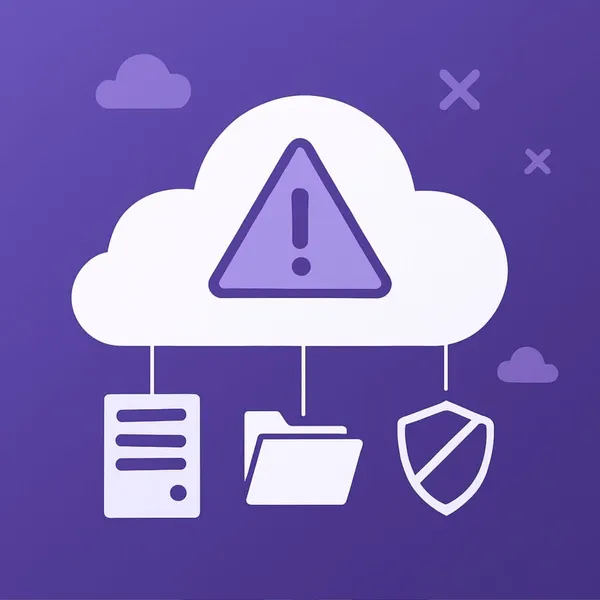In the modern digital world, e-mail is an essential means of communication. Unfortunately, emails are also a popular target for cyber attacks. To protect yourself from phishing, spoofing and other e-mail fraud, there are four main authentication protocols you need to know: SPF, DKIM, DMARC and BIMI. In this blog post, we explain what these protocols are and how they can improve your e-mail security. 📧🔒
What is SPF?
Sender Policy Framework (SPF) is an e-mail authentication protocol that helps prevent spammers from sending e-mails on behalf of your domain.
- How does SPF work?
- It checks the sender’s IP address against a list of authorized IP addresses for that domain.
- If the IP address is not on the list, the email is marked as potentially fraudulent.
- Benefits of SPF
- Prevents unauthorized parties from sending emails on behalf of your domain.
- Increases the reliability of your emails with recipients.
What is DKIM?
DomainKeys Identified Mail (DKIM) is a method that allows you to sign emails with a cryptographic key so that the recipient can verify that the email really came from your domain.
- How does DKIM work?
- A digital signature is added to the header of the e-mail.
- Recipients can verify this signature with a public key found in your DNS records.
- Benefits of DKIM
- Ensures that the content of the e-mail has not been changed during transmission.
- Helps build a good reputation for your domain.
What is DMARC?
Domain-based Message Authentication, Reporting & Conformance (DMARC) builds on SPF and DKIM by setting a policy that specifies what to do if an e-mail fails SPF and DKIM checks.
- How does DMARC work?
- It sets a policy indicating how recipients should handle emails that fail SPF or DKIM (e.g., mark as spam, reject).
- It provides reports on emails that do not meet authentication rules.
- Benefits of DMARC
- Provides insight into email traffic and possible attacks.
- Increases the effectiveness of SPF and DKIM by providing uniform policies.
What is BIMI?
Brand Indicators for Message Identification (BIMI) is a new protocol that adds brand logos to authenticated emails to increase recognition of legitimate emails.
- How does BIMI work?
- Brands add their logo to emails that comply with DMARC authentication rules.
- Recipients see the brand logo next to the email in their inbox, which inspires trust.
- Benefits of BIMI
- Increases the recognition and reliability of your emails.
- Helps recipients quickly identify and distinguish legitimate emails from fraudulent ones.

Implementation of SPF, DKIM, DMARC and BIMI
To implement these protocols, follow these steps:
- Setting SPF
- Add an SPF record to your DNS settings.
- Define which IP addresses are authorized to send emails on behalf of your domain.
- Configuring DKIM
- Generate a DKIM key pair (public and private).
- Add the public key to your DNS records.
- Configure your email server to sign outgoing emails with the private key.
- Applying DMARC
- Add a DMARC record to your DNS.
- Define your policies (e.g., none, quarantine, reject) and email address for reports.
- Implementing BIMI
- Make sure your DMARC is set to reject or quarantine.
- Add your brand logo as a Verified Mark Certificate (VMC) in your DNS records.
Conclusion
Using SPF, DKIM, DMARC and BIMI is essential to ensure the integrity and security of your e-mail traffic. These protocols not only help protect against e-mail fraud, but also increase the reliability and reputation of your domain. By following these steps, you can ensure that your emails arrive safely to the recipient.
Need help?
With our Zero Trust Email Security solution, we ensure that all necessary DNS records are securely set up. In addition, we perform monitoring to constantly keep an eye on everything. Contact us today.🚀📧






